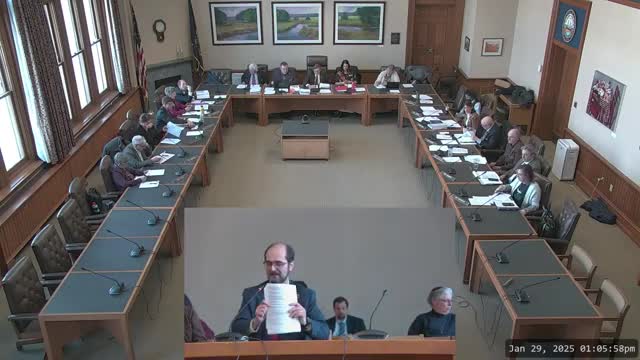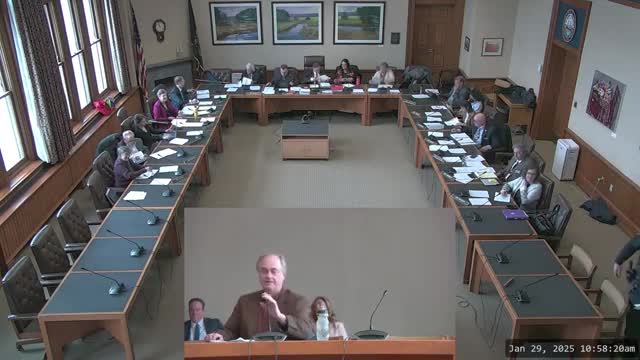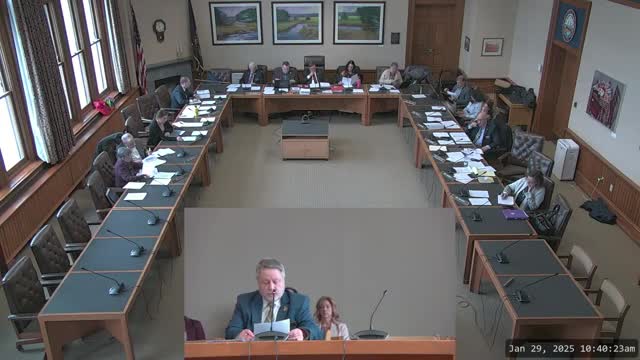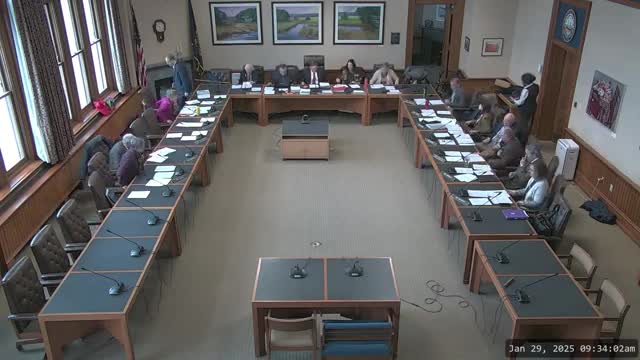Article not found
This article is no longer available. But don't worry—we've gathered other articles that discuss the same topic.

Lawmakers hear hours of testimony on proposed Medicaid ban for non'therapeutic infant circumcision

Lawmakers refine 'harm reduction' language and add law-enforcement seat as debate centers on scope and safeguards

Bill aims to revive and broaden New Hampshire Council on Autism Spectrum Disorders; members say vacancies prevent quorum

